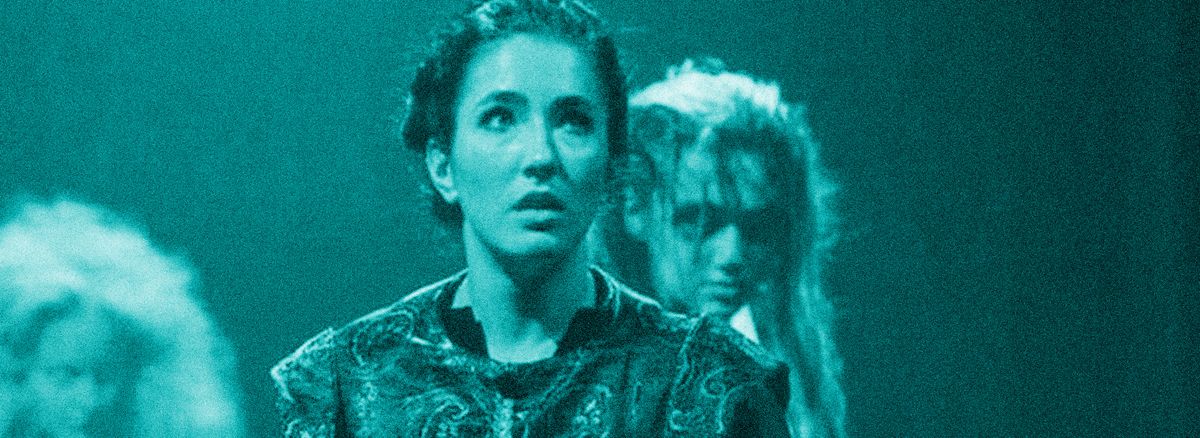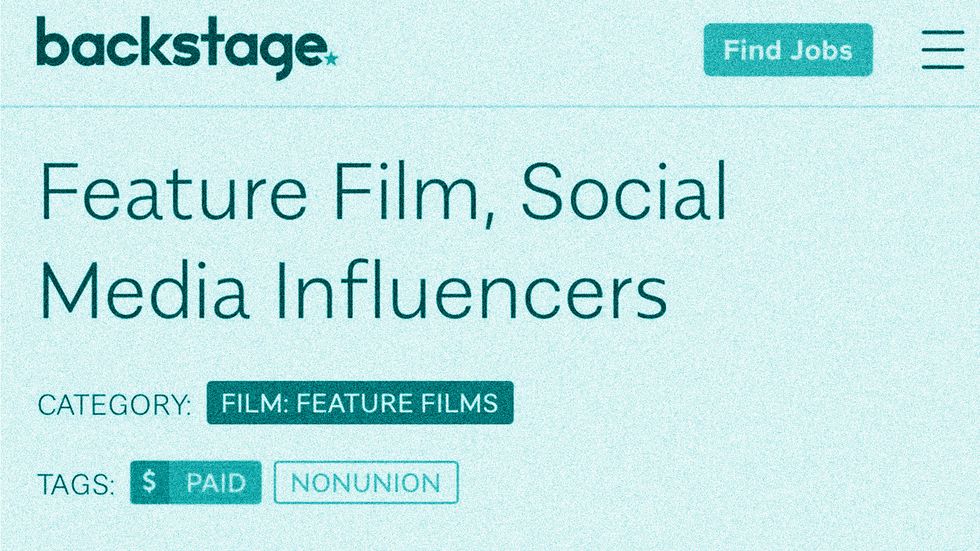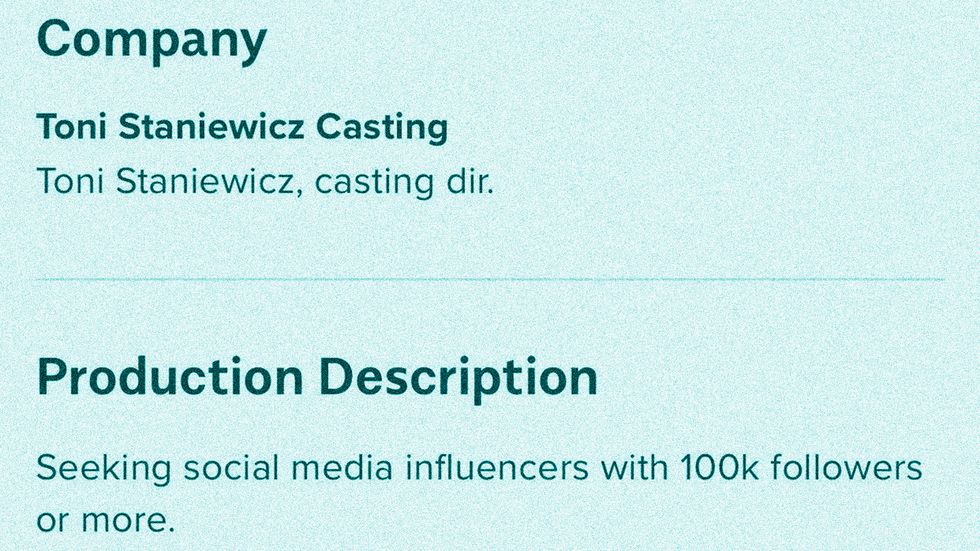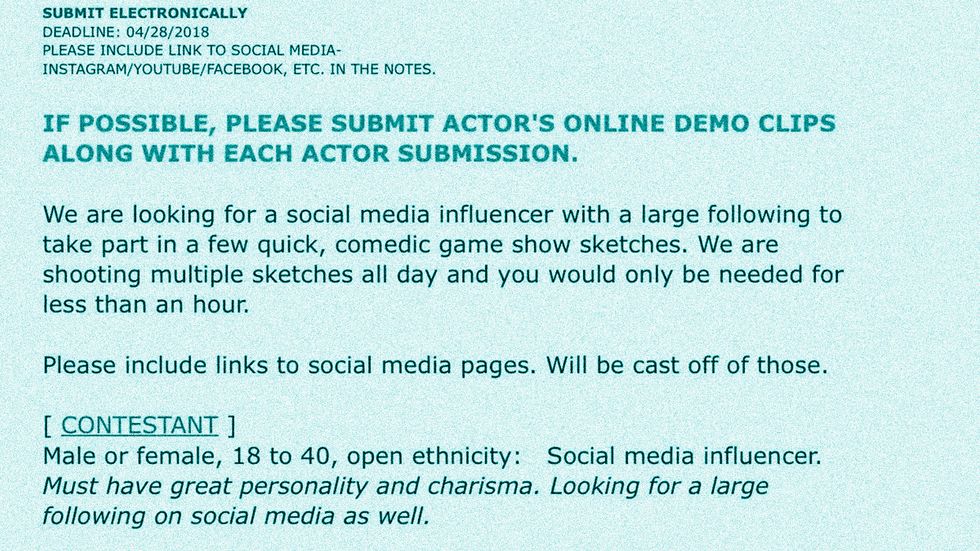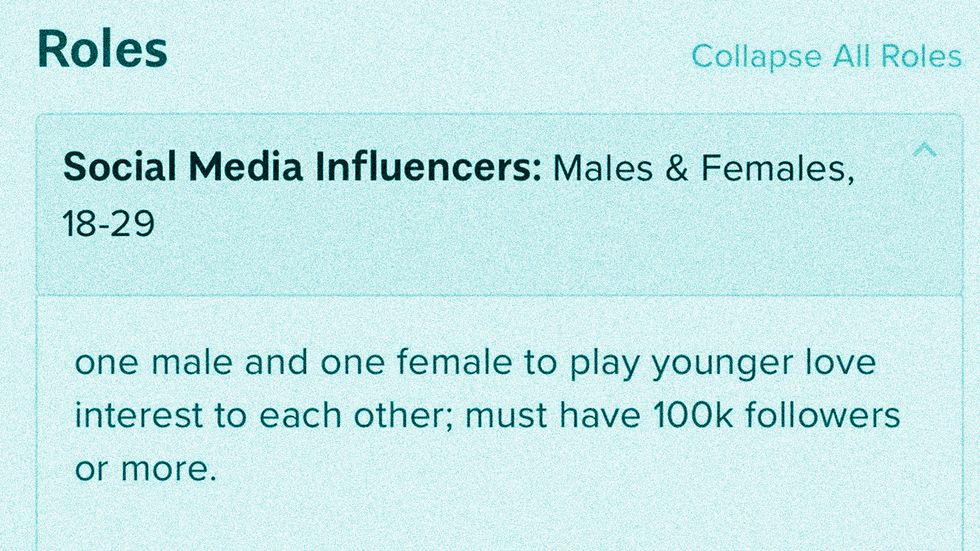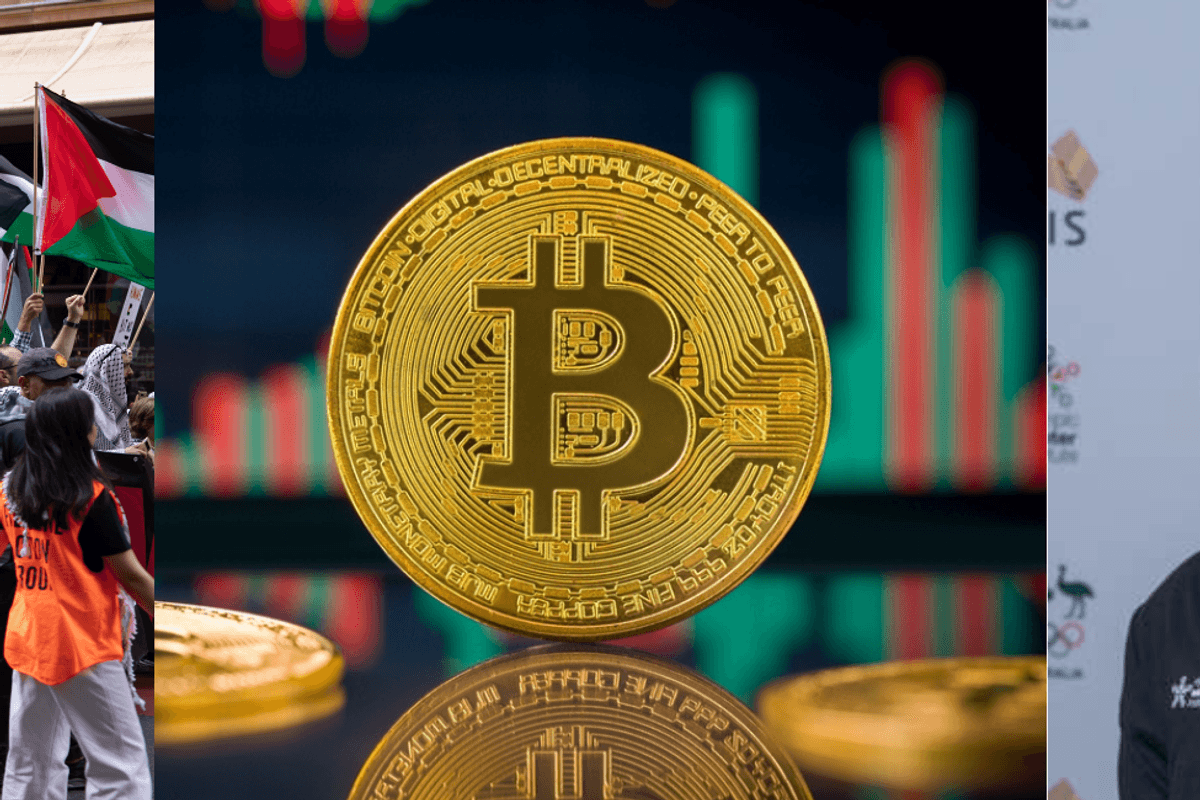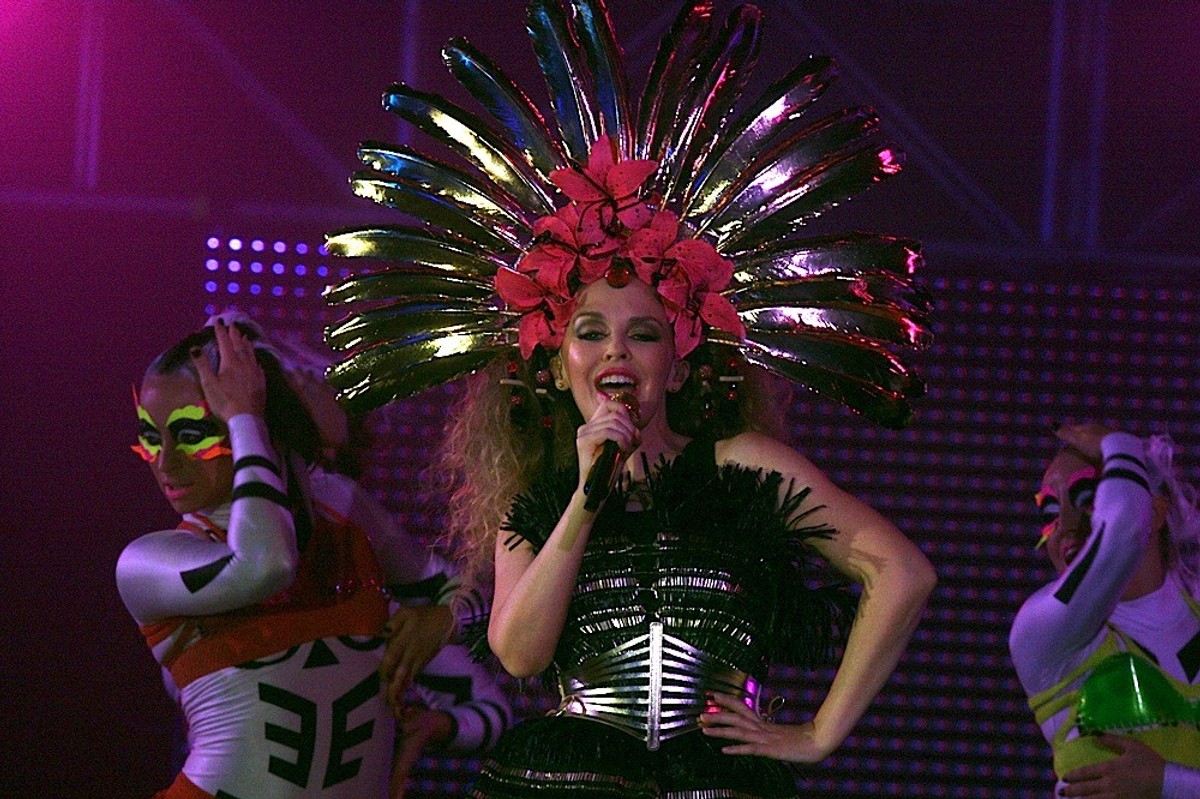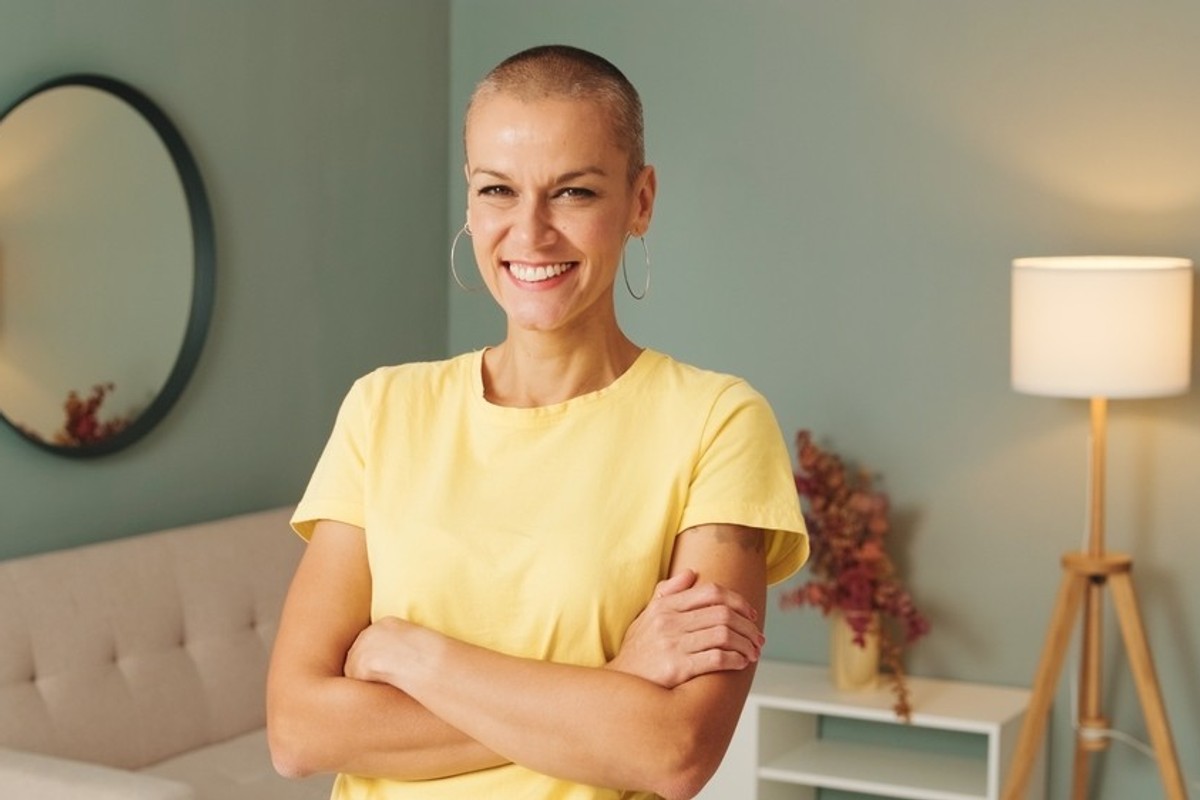Role descriptions on casting platforms include conditions such as 'social media influencers only'.
When she was 16 years old, aspiring actor Jackie Brooke made her first trip to Los Angeles to pursue her dream. After a month training with the Atlantic Acting School, she returned to Australia with a wealth of new insights, including a warning to hide her online media presence.
Seven years later, Brooke has completed her training at the prestigious American Academy of Dramatic Arts and lives full-time in LA, but she says, in that time, the industry has done almost a "complete 180" on its attitudes to social media visibility.
In the current competitive performance environment, professionally-trained actors find themselves excluded from auditioning for roles unless they also have a strong social media following.
"When I first went over, they told us to hide ourselves on social media, to change my name on Facebook so that any potential casting directors couldn't look me up," Brooke says.
Now, when she uses online casting platforms such as Actors Access, Backstage and LACasting, the role descriptions will include conditions such as "social media influencers only".
"Before it was models – actors would lose jobs to models who might not necessarily have acting training. Now influencers have really taken over that category," says Brooke.
The actor, who is best known for her work in the children's TV show, Drop Dead Weird and the short film Ninety-Nine, says the situation is frustrating for actors "who are really dedicated to the craft".
It's not only in Hollywood where roles are going to social media stars. Simone LaMartina, an actor and law student, says social media has changed the industry in Australia too. She recalls an incident with a casting director from Neighbours, Australia's longest running drama series, who explicitly told her acting class they needed to improve their social media following if they wanted to be cast in roles.
"Nowadays it's a bit more about popularity than being an art form," says LaMartina.
'They came up through the rise of social media … they're getting opportunities that 10 years ago, [they] would never have gotten.'
The Neighbours casting director gave them a specific example of a time they cast purely on social media value. They had two options, one with a large social media following but little professional acting experience and another with far superior training but little in regards to social media credentials.
"They went with the girl who had a larger social media following," says LaMartina.
For Hannah Fulton, marketing coordinator at the National Institute of Dramatic Art (NIDA), which boasts alumni such as Cate Blanchett and Sam Worthington, this example is not surprising. She has noticed this trend and describes it as an "evolve or perish" situation. While she understands why actors are frustrated, she says there's "no way that it can go backwards".
"The world is changing. The industry is changing. You can complain about it and talk about the good old days or you can evolve with it," she says.
Fulton names actors such as Sam Frost, Ruby Rose and Heather Maltman as examples of those who have used their social following to find success in the Australian and international acting industry, despite having no formal training. Frost and Maltman both built their social media following as contestants on early seasons of The Bachelor. Rose was a DJ and model before landing her breakout role in the Netflix series Orange is the New Black.
"They came up through the rise of social media and through being an influencer… they're getting opportunities that they otherwise, 10 years ago, would never have gotten," says Fulmont.
Instagram, a powerful tool for building and measuring potential social media influence only launched in 2010. This week, Rose, who has 13.8 million followers on Instagram, was introduced as the new Batwoman. On Friday, when she uploaded two promo clips for the new TV series to Instagram, they were viewed and liked more than 250,000 times in 12 hours.
Newsworthy reached out to Sydney casting agents for comment on the value they place on social media followings when casting, but none had responded by the time of publication.
With free-to-air TV increasingly leaning on reality television to stem the bleed of viewers to streaming services such as Stan, Netflix and Amazon Prime, it makes some sense that an "actor's" social media following would carry more weight than their acting chops.
Fulton makes a distinction between what is happening in theatre versus television production. Many theatre productions would never advertise for "influencers only" in an audition process, she says. Theatre work tends to have "an inbuilt audience" and as such, has yet to embrace this trend.
"Bigger theatre companies like the Sydney Theatre Company already have a huge subscriber base, they don't need to be casting people from The Bachelor to get people to come and see their shows."
When a production does advertise for "influencers only", Fulton would encourage young actors to ask themselves if the role is really right for them.
"In order to succeed in the arts, you need to have a very good business strategy. You need to know how to market yourself and know how to sell yourself," she says.
Speaking from Los Angeles, Brooke agrees actors should always be mindful when choosing to submit for any production. However, she says many Australian actors in the US are on visas that restrict their working rights and, as such, they aren't always afforded the luxury of being too selective in the roles they go for.
"Our income is limited anyway … We only have so much opportunity to bring in work and a lot of the roles they pay social media stars for pay pretty well," Brooke says. "So I think it's a shame that they go to influencers without any consideration for the actors."
In the choices they make, actors are inevitably building their brand. Managing this process can be a huge challenge.
"Often young actors don't understand what their type is, or what their brand is," Brooke says. "They'll completely mis-brand and then they're screwed. If you mis-brand, there's going be someone else who's better at that brand and true to that type."
It is a sign of this social-media-driven age that both NIDA and The American Academy for Dramatic Arts are investing time in training students on the skills of personal branding and managing social media - as well as teaching them how to act.

